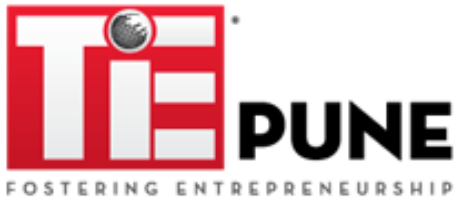
EDITION 10
Friday
July 16, 2021
Does the market need your product or service?
Entrepreneurship starts differently with everyone. For some it may be something they are good at and begin to market that, for others it may be the need to prove oneself or make more money, or work at your own time. These reasons sometimes end in a hit, or mostly a miss. But to get a better chance at being a success would be to first assess what the market needs. And then match your product with the market. Some of our Charter Members and mentors share their experience with getting that product-market fit perfect. Leading to success.

Sunil Peshwani
Sunil Peshwani set up Pesh Infotech, a realty company that builds workspaces for the IT sector, and he did it with a clear focus. “Though my foray into real estate started because I was left with an office space that my IT client left, I decided to become a developer.”
The stakes in this sector are really high, so Sunil did some study before deciding what to build. “Since I build only office spaces for the IT sector, I study that industry very closely. When the industry is on a hiring spree, I know that the need for space will open up. Typically, the time taken for an IT company to hire space is six months after they have hired new employees. Till then, they use the space they already have, and when the crunch starts to bite into efficiency, is when they start office hunting. So, I get six months to decide what to build.”

Anand Chordia
The food industry may not be as capital intensive as real estate, and even though Anand Chordia is the third generation to inherit the Pravin Masalewale business, understanding consumer need is vital. Says he, “we were a typical masalewala business that catered to the Maharashtra region.” After completing his degree in Food Technology, Anand decided that the future of his family business would be dictated by market needs.
“We did and continue to do market research, talk to our dealers, our customers to get an idea of what is the need in the market. When the IT boom happened, it broke a lot of joint families into nuclear families. Women joined the workforce in large numbers and so had little time for the kitchen. They preferred easy to cook food.” This meant a whole new line of products for the company.
“That was when we launched our ready-to-cook line. With lack of time and overworked housewives, we thought why not provide packets of gourmet food that otherwise people would eat in a restaurant? So Paneer Makhanwala that takes 15 mins to cook was launched. And then some more. Breakfast items, desserts like besan ladoo, sheer korma etc. were added to the product basket.
Anand’s mantra: “Always have your ear to the ground, not only when you are starting a new business, but even when you are well into it. Apart from that, one has to have the wherewithal to act on the findings and rapidly.”
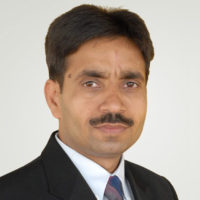
Jitendra Tanna
The tech industry, being what it is, offers entrepreneurs tonnes of data to read and build products and services. Says Jitendra Tanna founder, Eternus Solutions, and a TiE mentor, “Product development for me meant studying the technology trends. I follow research by various agencies like NASSCOM, Gartner, Forrester and others. In 2005, I read and realized that cloud mobility was going to be the next big thing in the tech world.”
But simply knowing and creating a product are two different things. Says Jitendra, “we brainstormed and came to the conclusion that customers will always need sales to survive. No business can run without sales. Seeing that cloud technology and now AI/ML, the technologies that are getting big, we built a product around Salesforce. This can help our clients keep track of how their customers feel about their product or service.
“The algorithms that we have created can read emails, audio and even video to provide a clear feedback on customer views.” Earlier one would use feedback forms and the response you get would depend on the mood, time, and so on of the respondent. But with the reading of emails, audio or video over weeks, months, years, you can get a clear idea of what your customer thinks of your product. For Jitendra, understanding technology trends and using that knowledge helped him develop a product that is relevant and much needed.
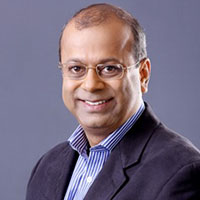
Kiran Deshpande
Kiran Deshpande who is a mentor and founder of Mojo Networks, says, “an entrepreneur is one who sees either an opportunity or a problem and tries to solve it. Of course, all of us may be faced with an opportunity or face a problem in our daily lives, but not all have the drive or motivation to solve it.”
He gives the example of the founder of Cotton King, “Pradip Marathe said that he always wanted to wear cotton shirts but could never find one at a reasonable price. That led to the launch of Cotton King.” But at times the reverse can be true. According to Ravi Nigam President TiE Pune and founder of Tasty Bite, “Either you see a need (in the form of an opportunity or problem) or at times you drive it. Like Steve Jobs did with iPod where he probably was the only one who believed that people would like to listen to music through his gadget or Richard Branson who’s led people to believe that going to space and back is the highest level of luxury.”
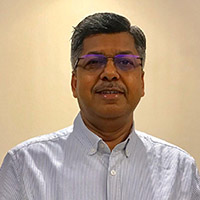
Ravi Nigam
When packaged juice was introduced by Tropicana in the late nineties all the market research said that no one in India would be interested in buying packaged juice, says Ravi, “In those days women went to the market, bought the oranges or limes and squeezed it to get juice. Tropicana’s juice was pulpy and slightly bitter. This was totally junked by their research.
“However, when it was launched, it became a huge hit. Tropicana banked on their gut feeling that women would prefer the convenience of opening a tetra pack over squeezing dozens of oranges for their family. Also, it helped get rid of the seasonality issue. You could have any juice at any time of the year. “
But understanding the market needs remains the golden rule. Says Ravi, “I’ve met so many young founders who gauge the market need by relating it to the country or global requirement. What they fail to understand is that while you may bake great biscuits in your oven at home and the global demand for it is hundreds of million dollars, how much of that can you manage to meet? Many will tell me of even a 0.01% of that is good enough for me.”
Ravi stresses that while understanding market needs is the first step, it is equally important to know your own capabilities. “After all, making a product needs more than passion. It needs the backing of finance, people, technology, machines and so on. It is so important that all young start-ups understand this and then draw out their plans.”
TiE Nurture:
Worldwide the success rate for start-ups is 10%. But at TiE Pune’s Nurture Accelerator program it is 39%. While our numbers tell their own story, we showcase here our mentees who tell how TiE helped their business.
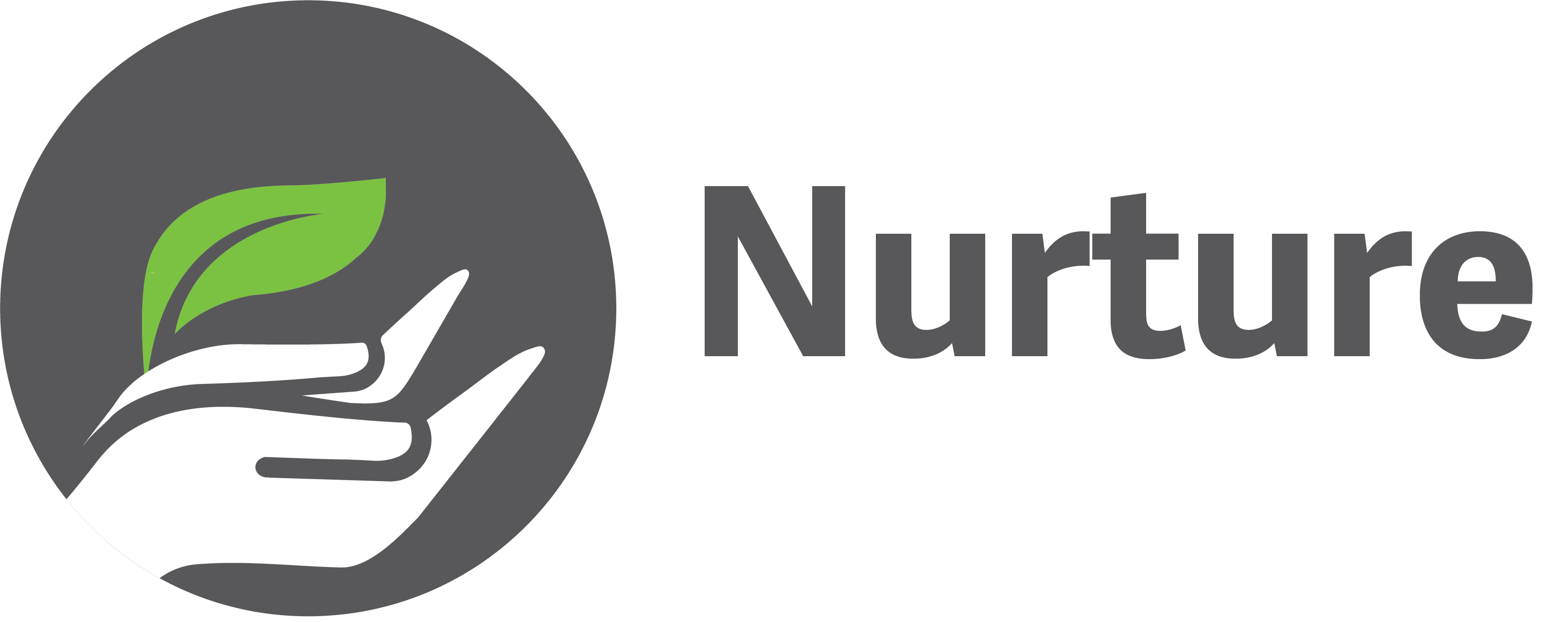
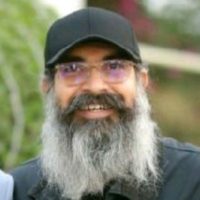
Sumant Kachru
Sumant Kachru, founder of Spaceify Technologies mentee gives his feedback on the Nurture Accelerator program:
What does your company do?
Spaceify Technologies Pvt. Ltd. creates digital solutions for the construction industry, which is second largest employer in world but a laggard in digitization. Our flagship product is digiQC which is focussed on the field quality control and quality assurance and is showcased on www.digiqc.com
What made you join this program:
TiE Nurture program was introduced to me by Mr. Sanjay Punjabi, President of TiE Surat. Although I have over 22 years of experience in real estate and construction in both US & India, there was none in terms of digital product entrepreneurship. To get those aspects TiE Nurture was a perfect opportunity.
How has the Nurture Accelerator helped you:
Experienced Entrepreneurs shared insights on several aspects through GURU sessions. The Bootcamp in Pune gave an amazing opportunity to meet other mentees and mentors and learn from their struggles and expertise.
What were the three most important learnings:
- Negotiation Guru Session
- Design Thinking Guru Session
- Networking Guru Session
What’s your message to other founders?
“The more I learn, the more I realize how much I don’t know.” – Einstein
Contact us if you have a story to tell: rashmi.ghosh@tiepune.org
